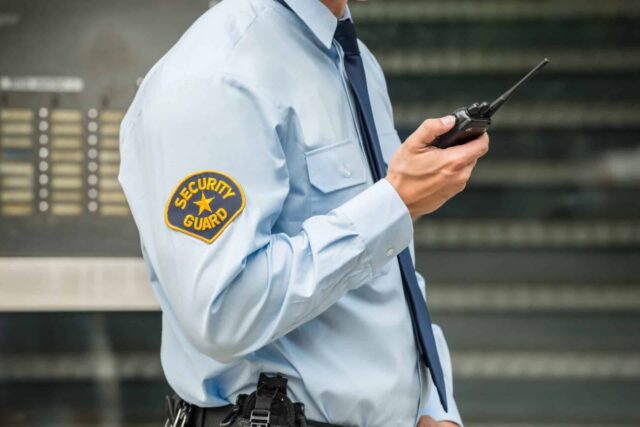
Frisking, checking the bags, and patrolling guards are some of the things that are commonly seen at events. Whatever type of event it may be, these things help in tightening the security, thus reassuring the attendees.
Yet at times, even with all that, a security crisis occurs, which disturbs the peace and execution of the event. Unable to move appropriately and make the correct decisions at such a time poses a significant threat to the guards and others as well.
To understand how big a role security plays at events and what steps one should take during a crisis, read below.
Role Of The Security Personnel
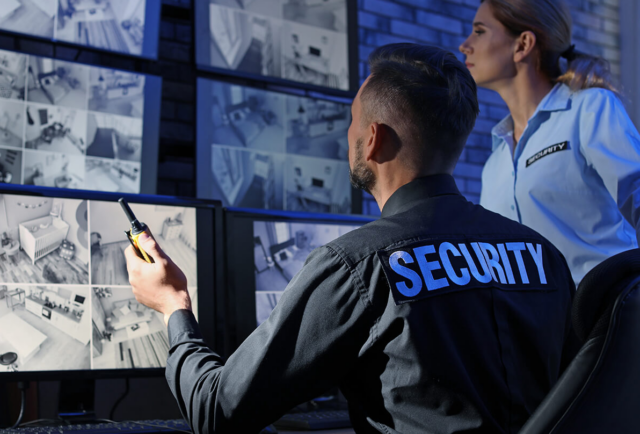
Security personnel can be anyone at the event who is engaged in security protocols. To hide the security personnel in the event so that the targeted audience isn’t aware of them, uniformed and plain clothed security are also there.
They are not there only to check and keep things normal but to ensure that nobody at the event has to go through any issues pertaining to their well-being. Also, in the presence of fully clothed guards, usually, people panic, making them feel caged and uncomfortable.
The role of security personnel is to keep everyone safe, ensuring their comfort and proper execution of the event. Also, carrying the whole event normally and resolving the crisis faced simultaneously is always considered a plus and the role of security personnel.
Security is one of the most critical and severe factors to ensure the proper execution of any event.
Focus Of Crisis Management
In an event, a significant responsibility for the attendees’ well-being lies on the security personnel’s shoulders. It is why there are different security plans in action according to the venue and the number of people attending.
But when a crisis occurs in between, there are five things that are always followed to resolve the problem as soon as possible. These are prevention, mitigation, preparedness, response, and recovery.

Prevention is essential, especially when you know that a disaster is about to happen or there are higher chances of a disaster. It is one of the first things that, when done correctly, 90% of the issues get solved.
Mitigation is what increases the efficiency of preventive measures and reduces the chances of a disaster happening anytime in the future. Preparedness is the knowledge and ability to implement measures that help reduce the chances of a disaster.
Response refers to the immediate reaction after knowing about a disaster, whether it has happened, during, or after. The preparedness and mitigation determine a correct response or the necessary response that one must know.
Lastly, recovery is the appropriate step after the disaster to return the situation to what it was. Together, these determine what you should know, what you can do, and how to return the situation to its previous state.
Steps To Take During A Crisis As A Security Personnel
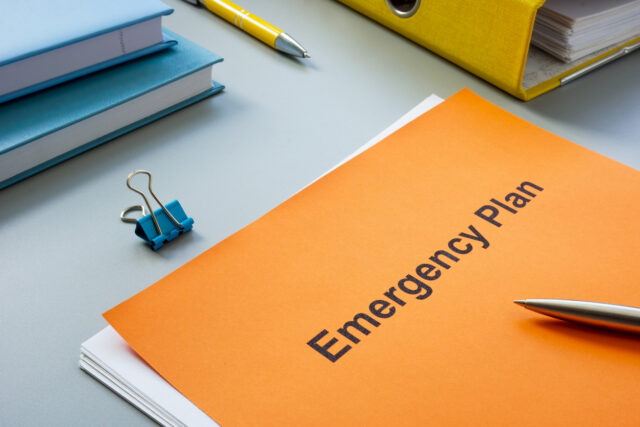
No matter how well-protected the event may be, unexpected situations arise, mostly without anyone knowing. Crisis can be of any type: earthquakes, bombs, fire, other man-made accidents, etc.
While there are different ways to handle various crises, there are similar steps one needs to follow to manage the situation and stop it from progressing further. Below are some steps that security personnel can follow
Determine The Type Of The Crisis And Alert Other Members
When a person approaches the guards for a crisis, it might be for a health or emotional emergency. In such scenarios, the security should direct the respected medical staff to the person instead of guards to analyze the situation.
Security personnel is not the ones who should approach such scenarios even though they are approached for the same as people can easily recognize them.
Security personnel, whether people can recognize them or not, should categorize the type of crisis and alert the respective teams. It is the first step in preventing any trouble, even if it might not necessarily be a security crisis.
Evacuate People That Need To Be Saved Or Cannot Help
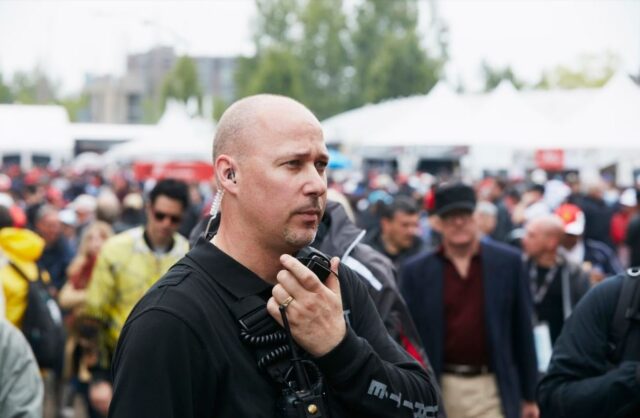
The site of the disaster should be evacuated depending on the severity. If the disaster involves situations such as bombs or earthquakes, everyone in that area needs to be evacuated.
In such scenarios, the important guests and attendees are evacuated first, then the staff and security personnel to avoid helpless people getting stuck. Only those who can solve the crisis inside the event are let in to resolve the issues.
Gather People Who Can Solve The Crisis
It’s not necessary to find a person attending the event to be of help in that situation. Here one needs to have the emergency numbers ready and gather people who can resolve the issue at the earliest.
Ambulances or firefighters could take longer than expected due to traffic or other reasons, which is why gathering the required people in time matters. It can also decide the extent to which the crisis can grow and how easily it can be averted or resolved.
Discuss And Document The Results
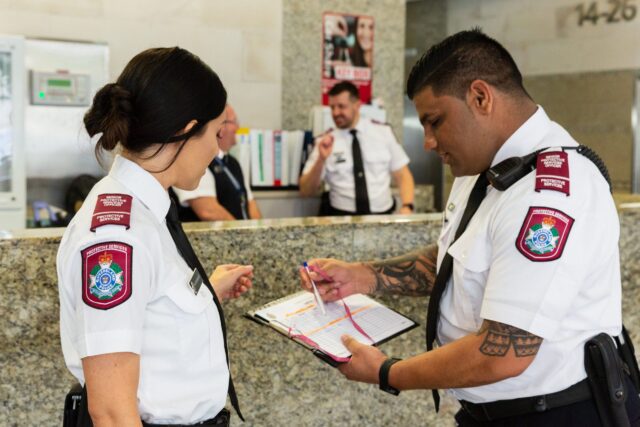
The aftermath of the crisis is what determines how successful the security personnel was and can be in the future. One must check where the security personnel is lacking to avoid the crisis and implement appropriate measures.
It could further lead to more significant issues and worse situations for which security is needed. Discussing and documenting the results helps in planning the proper action required for future events.
Conclusion
Multiple events happen daily, and various security personnel stands guard to avoid mishap and protect the attendees. A lot of responsibilities lie on the shoulders of these people, yet at times unthinkable things happen, causing a crisis to occur.
After reading the above information, one would have better information on how they should approach the situation and the steps they can take to resolve and prevent that crisis.
One must understand that having prior knowledge can help avoid that crisis instead of letting it get worse, which can save lives in the future.







